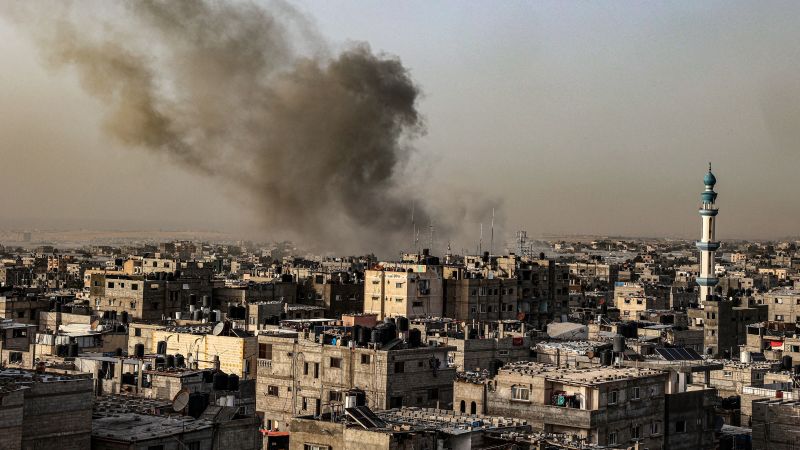High-level talks between US and Israel officials regarding potential military operations in Rafah are set to take place in Washington, DC. Israeli Prime Minister Benjamin Netanyahu canceled talks after the US refused to block a UN resolution calling for a ceasefire in Gaza and the release of captives held by Hamas. The Israeli delegation has proposed rescheduling the talks for Monday, but this timing is complicated by a Sunday deadline for Israel to draft a new law governing conscription for ultra-Orthodox Jews who have been exempt from military service. Netanyahu has requested the top court defer the deadline, and it is uncertain if the delegation will be authorized to travel to the US if these plans are uncertain.
While the date of the talks remains undecided, the White House has expressed support for rescheduling them and is collaborating with Israeli counterparts to find a suitable time. Press secretary Karine Jean-Pierre stated that they are working to arrange a convenient date that works for both sides. The potential discussions come amid heightened tensions in the region, with the US’s refusal to block the UN resolution causing Netanyahu to call off talks initially. The talks are crucial for coordinating potential military operations in Rafah, and both nations are keen on finding a suitable time to engage in discussions.
The timing of the talks is further complicated by Israel’s impending deadline to draft a new law governing conscription for ultra-Orthodox Jews. Netanyahu has requested an extension on the deadline, and it is uncertain if the delegation will be able to travel to Washington if plans remain unsettled. The US officials have stressed that no final date has been confirmed, indicating that further negotiations are underway to schedule the talks at a mutually agreeable time. The talks are of significant importance given the context of escalating tensions in the region and the potential military operations being considered.
The White House’s support for rescheduling the talks highlights the importance of engaging in discussions at a high level to address critical issues and ensure effective coordination between the US and Israel. The talks are expected to focus on potential military operations in Rafah, and both sides are working to find a convenient time to convene. The postponement and rescheduling of the talks underscore the complexities involved in such high-level diplomatic engagements and the need for effective communication and coordination between nations. Despite the challenges posed by external factors such as the deadline for drafting a new conscription law, both the US and Israel are committed to finding a suitable time to engage in discussions and address pressing issues.


